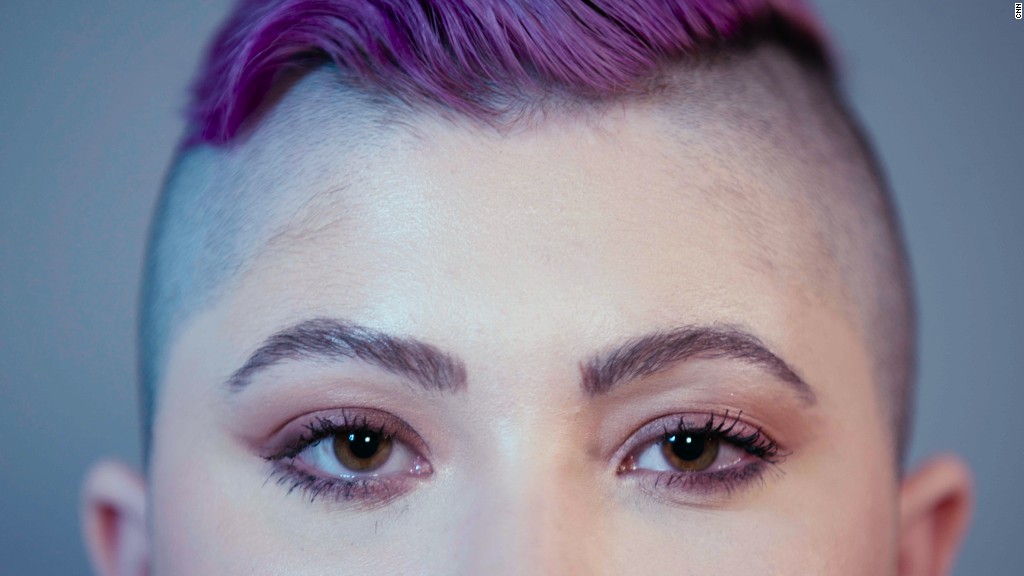
Leah Juliett was 15 years old when nude photos of her first leaked online. It was 2012; at the time, there wasn't a name for what happened to her.
It was revenge porn, a new phenomenon where non-consensual pornography is distributed online to shame, exploit or extort its victims.
When Juliett was 14, a male classmate asked her for naked pictures. She was interested in him and sent him four. But he wasn't satisfied with the ones she sent -- he wanted ones that clearly showed her genitals. Juliett declined.
A few months later, a high school lab partner took out his phone and showed Juliett the same nude photos she'd sent. He had found them on an obscure internet site. "Every guy on the football team has them," she recalled him saying. "They have them of a bunch of girls."
Juliett is now a sophomore in college in Connecticut, but she clearly remembers what that violation felt like. "When you're alone and in it, you're so shamed by it that you think you're the only person who has ever been through it," she said.
That's the reason that Juliett, now 20, is organizing a March Against Revenge Porn on April 1 in Brooklyn. She came up with the idea for the event in August: "Every big movement has a march," she said, adding that it was long before the Women's March. "I didn't realize how much marching we'd be doing," she joked.
Juliett went public with what happened to her in 2016, telling her parents and performing a powerful poem about revenge porn. "I was able to tell my story before it got told for me," she said.
There is currently no federal revenge-porn law. Thirty-five states and Washington, D.C., have enacted state laws against it, but online-harassment laws (which include revenge porn) are notoriously weak and rarely match the damage revenge porn creates. For some victims, the only way to get their pictures off the internet has been to copyright their own naked bodies and sue on intellectual-property grounds.
Related: Can a prenup for sex tapes keep you safe?
The vast majority of revenge porn affects private citizens, but the issue has made headlines as celebrities have fallen victim to it. In August, hackers posted nude photos of comedian Leslie Jones on her web page, prompting federal authorities to investigate. Earlier this month, news surfaced that an ex-boyfriend of actress Mischa Barton was shopping around sexually explicit photos of her.
Lawmakers have pushed for reform, like Representative Jackie Speier, who proposed the Intimate Privacy Protection Act in July to criminalize revenge porn. During her presidential campaign, Hillary Clinton cited the bill and the need to fight for the rights of sexual privacy online.
"I fear it's something that would never even be on Trump's radar," Juliett said, adding that it's increasingly important for grassroots efforts to lobby for legislative changes on the state level in the absence of a federal law.
Juliett said she hopes to create a "big spectacle of the issue" with the march. "The more people say: "What is revenge porn?" The better," said Juliett. "At least they'll be asking the question."

